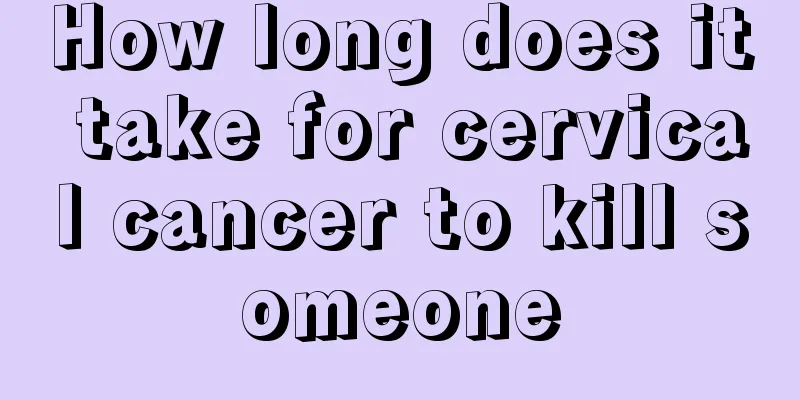What are the treatments for nasopharyngeal carcinoma and which one is the best?

|
What are the treatments for nasopharyngeal carcinoma? Which one is the best? The main treatments for nasopharyngeal carcinoma are as follows: The best treatment for most cancers is surgery, but nasopharyngeal cancer is different from other cancers. After suffering from nasopharyngeal cancer, doctors generally use radiotherapy to treat it. Radiotherapy is also considered to be the first choice treatment option for nasopharyngeal cancer. 1. The best treatment for nasopharyngeal carcinoma is radiotherapy. This is because pathological examination shows that most nasopharyngeal carcinomas are poorly differentiated squamous cell carcinomas, which are highly malignant and easily invade the surrounding tissues of the nasopharynx and metastasize to the cervical lymph nodes. It is not easy to remove them completely by surgery. The nasopharynx is located in the center of the head, which is relatively hidden and adjacent to important organs, tissues, cranial nerves, blood vessels, etc. The surgical exposure is extremely limited, and the surgery is very likely to damage the surrounding tissues. The risk of surgery is high, and it is even more impossible to perform continuous large-scale resection of the nasopharyngeal tumor and the cervical lymph drainage area. Therefore, the effect of surgical treatment alone for nasopharyngeal carcinoma is not good. Three-dimensional conformal or intensity-modulated radiotherapy is also a good choice. 2. In fact, there are many ways to help inhibit cancer metastasis, and anti-cancer drug chemotherapy, biological therapy and traditional Chinese medicine treatment are still used as auxiliary therapies; since 95% of nasopharyngeal carcinomas are poorly differentiated squamous cell carcinomas, they are highly sensitive to radiation, and radiotherapy is likely to include the primary lesions of nasopharyngeal carcinoma and the cervical lymph node drainage area in the irradiation field, radiotherapy has a good effect, and its short-term effect can reach more than 90%. The overall five-year survival rate after radiotherapy can reach more than 50%; among them, the rates for patients in stages I and II are 95% and 78% respectively. The summary of the treatment of recurrent nasopharyngeal carcinoma also shows that re-radiotherapy still has certain therapeutic value. |
<<: Symptoms of advanced brain cancer 7 days before death
>>: Intravenous medication for high-grade invasive bladder cancer
Recommend
What are the common causes of nose bleeding
Nosebleeds are common and not a serious problem. ...
What should be paid attention to in the diagnosis of lung cancer? What should be paid attention to in the diagnosis of lung cancer?
Lung cancer is a highly malignant cancer that dir...
Can I have children if I have liver cancer
Although liver cancer is not a contagious disease...
Bad eating habits are the primary risk factor for colorectal cancer
In recent years, the incidence of colorectal canc...
How much hair is normal to lose after washing your hair
When washing their hair, many people will find th...
Can salt water prevent tooth decay?
As we all know, in addition to being a seasoning ...
How to improve the prognosis of cholangiocarcinoma
How to improve the prognosis of bile duct cancer?...
How long can one live with advanced lung cancer? What are the effective treatments for lung cancer?
Lung cancer can be said to be the most serious ma...
About the diet of nasopharyngeal carcinoma patients
When treating any disease, it is necessary to mai...
What is the correct way to wash your hair with tea bran?
In daily life, a head of black and shiny hair is ...
Can breast lymphoma be cured?
Many people believe that lymphoma cannot be cured...
What harm does sodium d-isoascorbate do to the human body
There are many substances in nature, some are nat...
What are the benefits of taking a bath with bath salts
We all know that there are many kinds of shower g...
Does formaldehyde evaporate quickly when the temperature is high?
Generally speaking, people choose to renovate the...
Will jaundice occur if transaminase is high?
Newborns will develop jaundice soon after birth. ...









